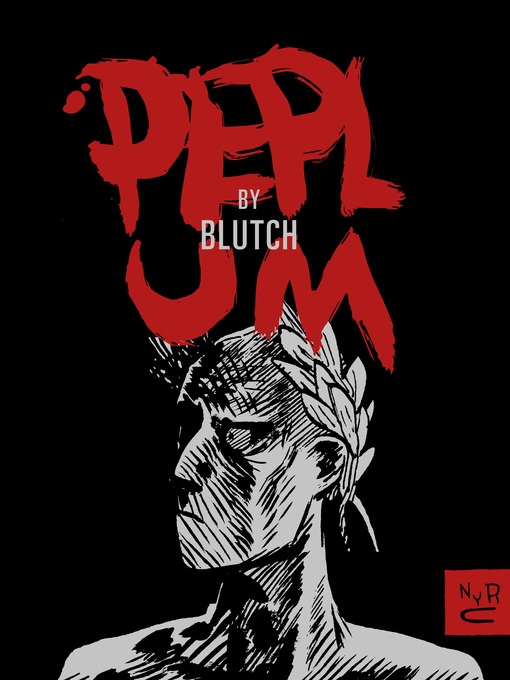
Peplum
کتاب های مرتبط
- اطلاعات
- نقد و بررسی
- دیدگاه کاربران
نقد و بررسی

March 14, 2016
Blutch (aka Christian Hincker) is a revered cartoonist in France, but this is only the second of his books to be translated into English. Considered one of his masterworks, it’s a rough continuation of The Satyricon, with Blutch’s own feverish story line providing the counterpoint. Roman Publius Cimber finds the statue of a woman in a cave, and madness and obsession follow—accompanied by faux-Shakespearian dialogue, finely captured by Gauvin’s translation. Blutch’s art is truly exquisite, rendering battles, orgies, and conversations in dense, inky lines akin to Mattotti, but completely his own and completely haunting. The storytelling likewise consists of simple grids of panels. Despite all this clarity, the story is elusive and disjointed, as men, beasts, and monsters all stand in the way of Cimber’s quest for love. The book requires rereading to grasp the scope of storytelling and linework, which is effortless enough to make the greatest American cartoonists jealous.

May 15, 2016
March 15, 44 BCE. A clutch of senators approaches Rome's dictator, Julius Caesar, petitioning that Publius Cimber be recalled from banishment. Meanwhile, at the far reaches of empire, P. Cimber and his companions discover a block of ice enclosing a beautiful woman. Obsessed, they drag it off. After all but three expire, the youngest kills the others and collapses. Found by pirates, he tells them he is Cimber to save his life and stay near the goddess. His obsession barely abates through the remainder of this strange story, even when he finds love with a youth he comes to call his brother. But in exchange for life and freedom, he loses the boy and returns to the frozen idol. Acclaimed French graphic-novelist Blutch's chilly parable of obsession vis-a-vis love derives from Petronius' erotic, fragmentary Satyricon, whose atmosphere freed him to render Peplum's young principals mostly naked and whose state licensed big gaps in narrative continuity. The book's intricate, slashing black-and-white art, a more expansive cousin to Thomas Ott's film-noirish scratchboard imagery, is utterly riveting.(Reprinted with permission of Booklist, copyright 2016, American Library Association.)

























دیدگاه کاربران